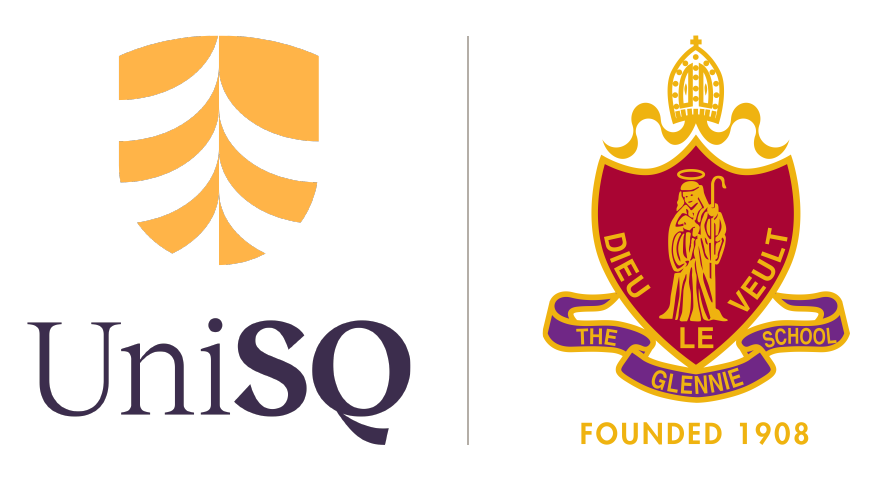Availability of opportunity
Availability of Opportunity
Students are more likely to cheat when the temptation is high. For instance, when when assignments, exams or homework use basic recall and understanding type questions that can easily be searched online, or when overly generous time-allowances tempt students to collude with others. Students are also more likely to cheat when they believe that cheating is common among their peers and or when they are presented with easily accessible and affordable options to take short cuts (friends, social media, apps and websites).
BBC News Story about ChatGPT and Education
Strategies for addressing the problem
Mitigate the risk of cheating
Having a school culture based on its values, that celebrates effort and authenticity is a core means of developing ethical students who act with integrity.
Assessment design is a key strategy in preventing cheating.
A variety of assessment task types, with low opportunity for cheating for example, using a series of regular small quizzes that culminate in a final mark, oral tasks that require interaction (i.e. cannot be entirely pre-prepared and memorised), completing some tasks in examination conditions, and where take home assignments are used, making clear the expectations and consequences of using GenAI and other tools unethically.
Design low stakes formative tasks that mirror some of the aspects of the summative tasks, so students feel confident in their own ability to undertake the task.
Provide scaffolding and modelling where appropriate to increase student confidence in their understanding of the task expectations.
Where task types are externally mandated and risks are greater, use teaching strategies to mitigate risk. Having processes to monitor student work development over the time frame, such as: using a central digital document system which allows teachers to view the editing history, having regular checkpoints to monitor student progress, discuss with students their ideas and challenges as they work.
On tasks that represent a higher risk of cheating, include authentication strategies such as viva voce or randomised interviews with students to discuss their development of ideas and have regular check points as they develop their responses.
Use tools that randomise quiz or examination questions to minimise collusion.
Write questions that require higher order thinking (and cannot be easily searched for) (e.g. “Explain why…” – “What is missing…” “Where is the mistake in the formula” – “What will happen if..” – “How would you..” – “What is the problem with..”
Ensure that assessments are designed with academic Integrity in mind and are weighted with a fair balance of workload and marks allocation.
Avoid ‘recycling’ assessments from year to year. Provide students with exemplar materials so that the temptation to access previous assignments from websites or other third parties is reduced.
Employ different types of questions (e.g. case studies, short answers, multiple choice, reflections etc). Extended response may allow for use of Turnitin.
